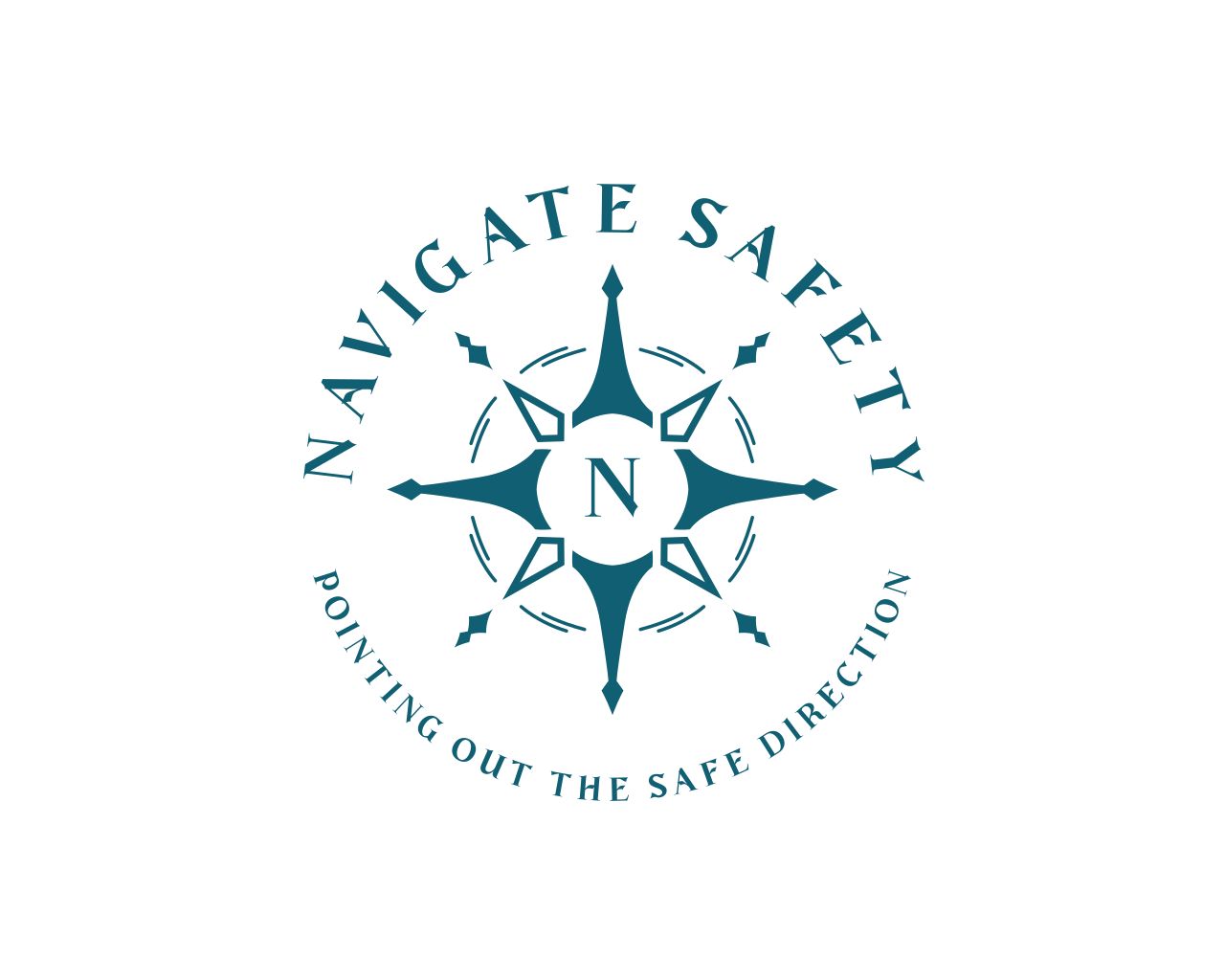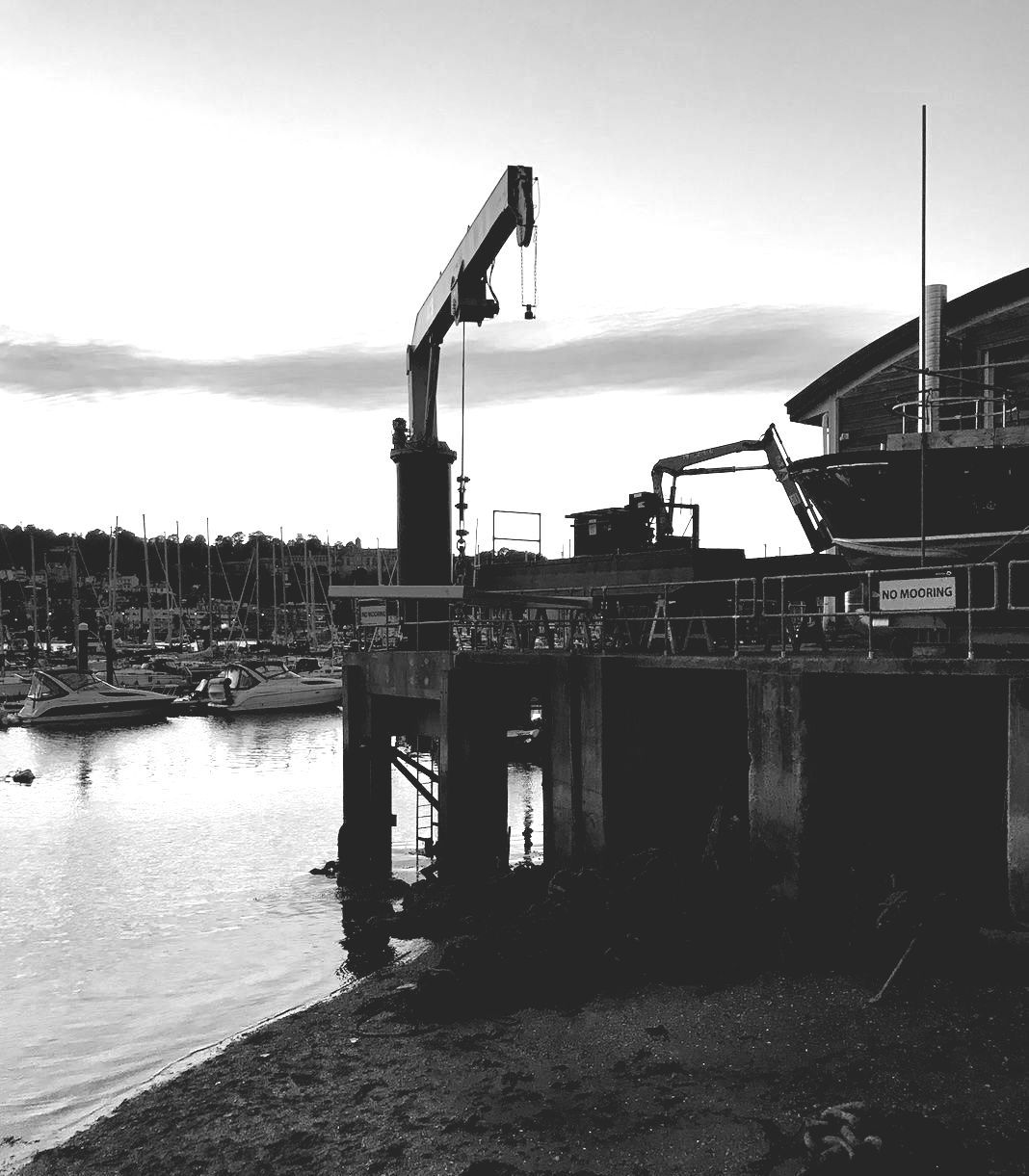
Having an EMS. Beneficial or not?
Is creating an EMS (Environmental Management System) beneficial for your organisation or is it another paperwork exercise?
In the last few years, we have been bombarded with statistics and pessimistic prognoses for climate change and the impact it will and already has on our environment. It is impossible to turn a blind eye to the weather anomalies that impact our surroundings and day-to-day lives. The unstoppable wind of change is blowing. Are we doing enough to postpone or minimise the effects of the change within our organisations?
Us
No matter where we are, how big our business is or which sector we operate in, we should understand that we all impact our surroundings. Big or small, examples can be seen everywhere. Dust produced during groundworks disturbs photosynthesis, noise nuisance affects fauna, and accidental release of chemically contaminated water pollutes groundwaters and deoxygenates rivers and ponds. Despite how hard to identify these can be, with a proper Environmental Management System (EMS) in place it will become easier to successfully control our impact on the environment.
Benefits of EMS
Our actions are more important than ever and we should all want to make a positive difference. How? By implementing an Environmental Management System within your organisation. As easy as it sounds, the system delivers answers to our questions on how to successfully control your impacts on the environment and protect the business from legal penalties. This management system is defined as a set of procedures and processes enabling the business to reduce and control environmental impacts and increase its operating efficiency. With its PLAN DO CHECK ACT structure the system is the foundation for ISO 14001 accreditation.
Unspoken benefits of EMS include reducing the risk of non-compliance and meeting regulatory obligations. Apart from the legal side, implementation of EMS within the organisation can bring competitive advantages over other businesses that don’t have it. The system will allow the organisation to stand out from the crowd and increase its visibility in the procurement market.
EMS how to?
Rome wasn’t built in a day. Rome wasn't built in a day. Not every company is in a position to instantly get the well-known ISO14001 certification. Getting certified might be a long and complicated process, especially for a beginner. Stay tuned to learn how to create your own bespoke EMS in just 4 steps.
How can Navigate Safety help in the process?
If in doubt or cannot spare the time to do all the legwork to create the Environmental Management System for your business, ask your competent person for help or simply reach out to us.
Our experienced consultants will guide you through the process, saving you all the precious time and research.

All Rights Reserved | Navigate Safety



